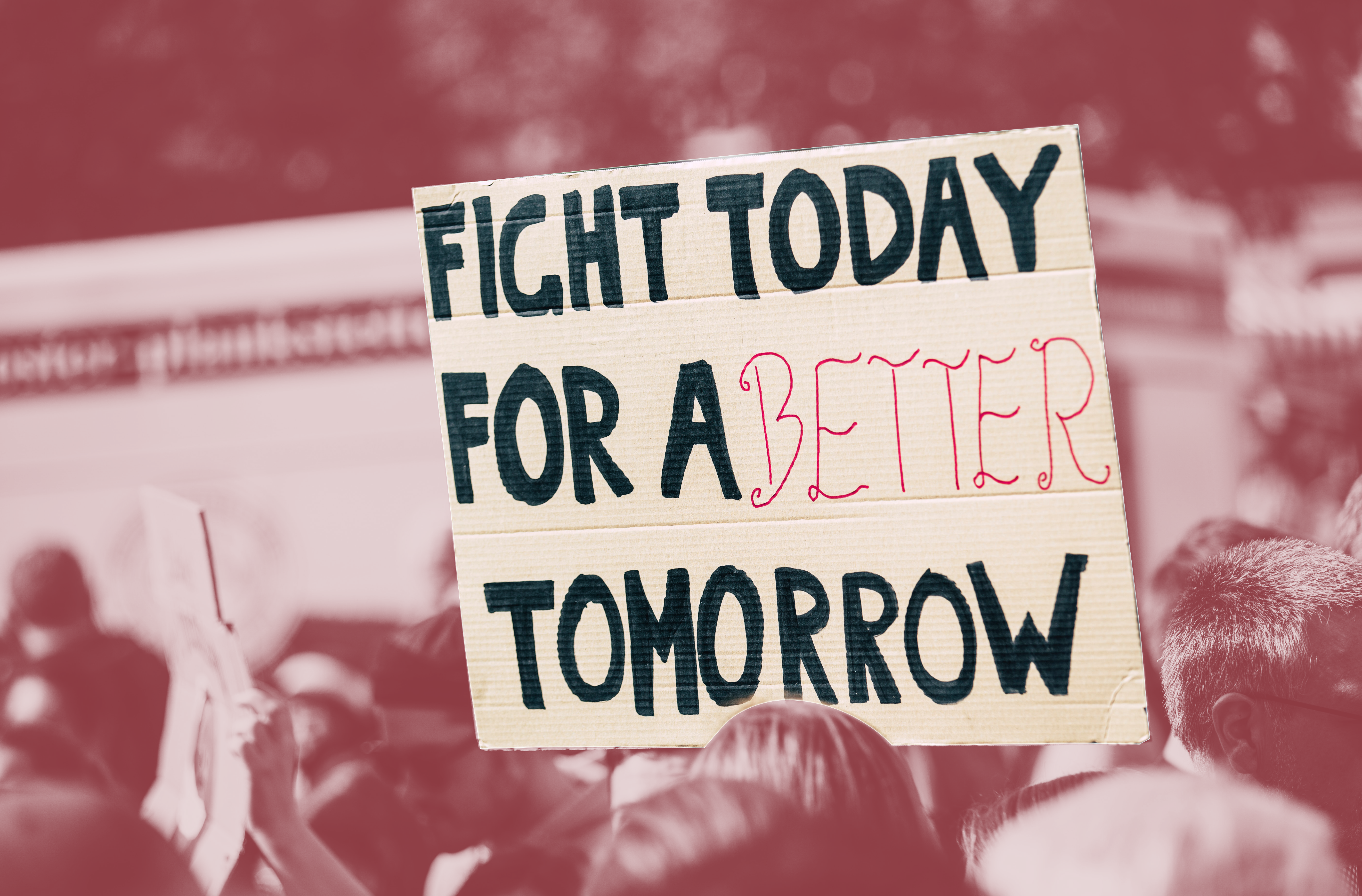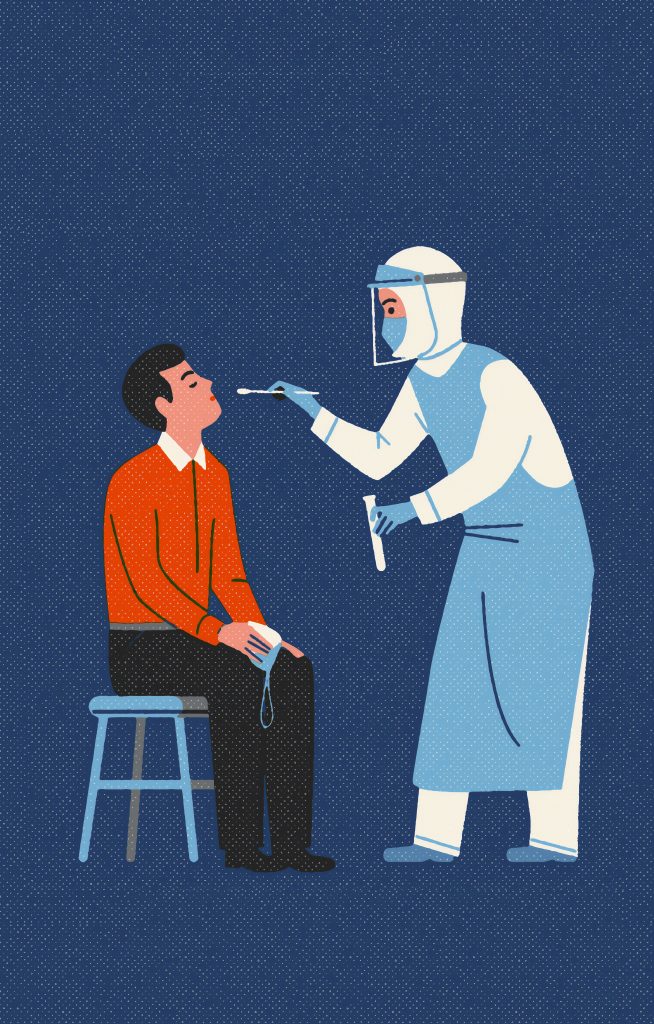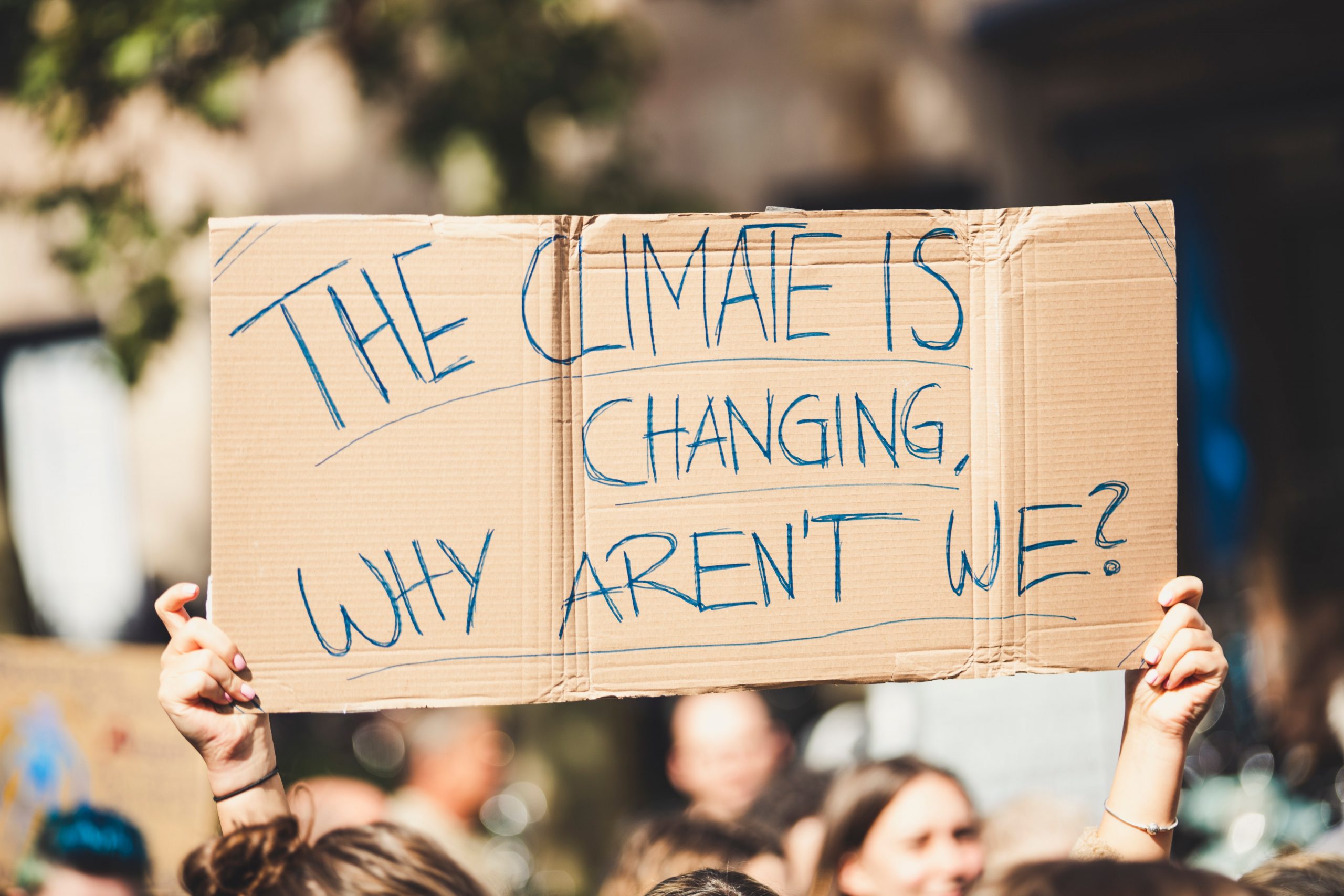Over the last five months life as we know it has changed radically. What was once merely the name of a popular beer suddenly became the word on everyone’s lips. Something quite innocuous abruptly morphed into something rather sinister.
Covid-19 has altered and will continue to alter our societies, economies and behaviours on a scale unmatched in recent history¹. For some the subsequent lockdown came as a welcome respite from the relentless busyness of modern life. For others, it came as a jarring and unsettling shock.
On an individual scale Covid-19 has forced us to change our behaviours and priorities overnight. We cleared the shelves of toilet roll, hand sanitiser, and long-life products. We started wearing masks and avoiding others like, well, the plague.
However, what has perhaps fallen to the back of our minds is the issue of climate change and, in many ways, this makes perfect sense. Biologically we are hardwired to address the most pressing threat first – in this case a global pandemic. The rest can be dealt with later.
The issue is that a similarly short-termist attitude has contributed to the situation we find ourselves in now.
The dangers of short-termist thinking
We have known for a long time that outbreaks of zoonotic diseases – that is diseases contracted by transfer of pathogens from animals to humans – pose a significant threat to humans². The likes of SARS, MERS, swine flu and Ebola attest to this. In 2003, a global containment effort against SARS helped prevent a wider outbreak. Of the 800 people who contracted it one in ten died³. Shortly after SARS there was an uptake in research surrounding vaccines and drugs to treat or prevent coronaviruses. However, the funding and impetus for such activity fizzled out quickly. Many in the scientific community felt the nature of SARS was exceptionally rare and unlikely to reoccur.
Just six years later, swine flu broke out and infected a quarter of the world in just a year. Luckily, the symptoms were mostly mild. In 2012, MERS was identified and contained after jumping from bats. The disease, which is deadlier than smallpox⁴, infected people in over 26 countries⁵ before it was contained. Then in 2014 the Ebola crisis hit – a disease that kills half of all its sufferers.
For the last 13 years, a pandemic like Covid-19 has been deemed a “level 5” threat to the UK with between one-in-20 and one-in-two chance of happening. The only other event to reach this level of threat was a “large-scale biological or nuclear attack”³. However, the risk of such an attack was deemed less than one-in-200.
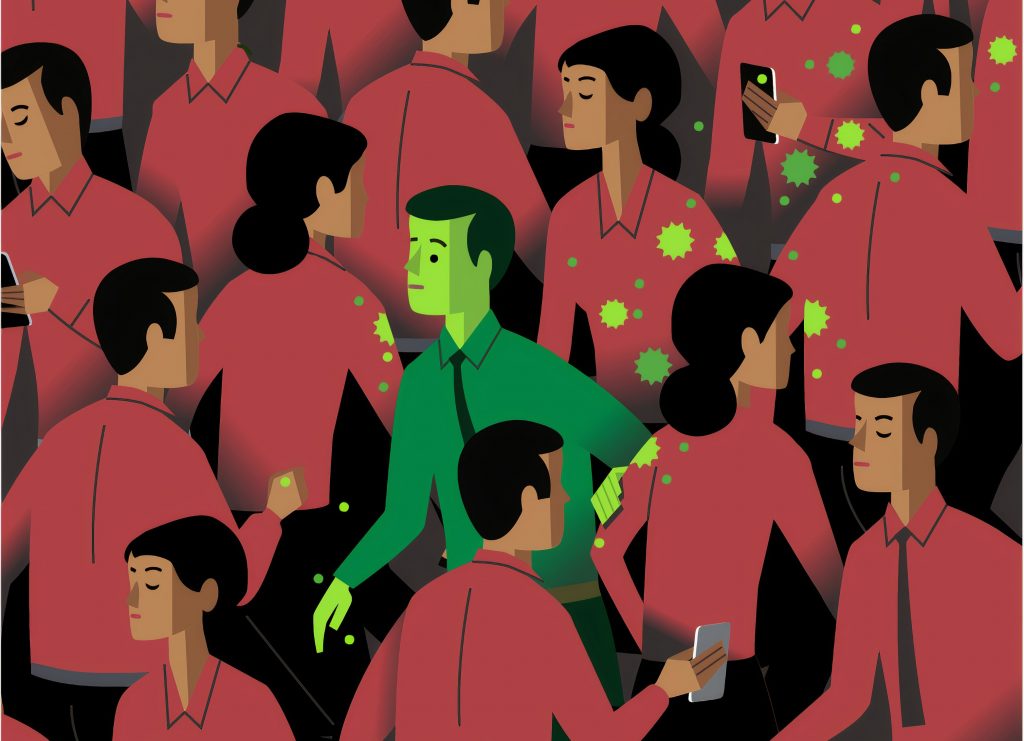
In this context, it is hardly surprising that we find ourselves where we are now. In fact, given all the near misses we are in a comparatively fortunate position. The global pandemic we face is of a far milder virus than many previous threats. But if the experts had been saying this was a threat all along – why didn’t we address it and prevent it? Why was the UK government so underprepared for this scenario?
“Longer term priorities are consistently pushed to the back of the line.”
The reality is of course quite complex but a sort of ‘short-termist’ mode of thinking is among the most dangerous attitudes underpinning many of these issues. A political landscape in which longer scale projects or considerations are often superseded by easy electoral wins and popular, yet superficial policies has meant longer term priorities are consistently pushed to the back of the line⁶. This means planning for threats such as pandemics, nuclear disaster and climate change often falls behind the issue or news of the minute. In short, the present takes precedent⁷ A year ago, despite evidence to the contrary, the threat of a pandemic seemed an unlikely event that might occur in a distant future. All the signs were there but it was not a priority.
Our thinking and actions around climate change
The parallels of this attitude with our approach to environmental issues are alarming. The threat we face from climate change is not always as acute or immediately alarming as the spread of a novel disease. Nonetheless it could be significantly more devastating.
The statistics speak for themselves. The 20 warmest years on record have occurred during the last 22 years. 2015-2018 comprise the top four warmest years⁸ and 2019 broke nearly 400 all-time temperature records alone⁹.
According to the National Geographic¹⁰, of the 8.3 billion tons of plastic produced in the last 60 years the vast majority ends up as waste. In fact, only about nine percent of all plastic ever made has likely been recycled, meaning the majority ends up in landfill or pollutes our oceans for the 400 years it takes to degrade. By 2050 it is predicted the oceans will contain more plastic waste than fish. Such levels of microplastics threaten entire ecosystems and consequently our health and food security.
There is no question that climate change and environmental degradation amount to a disaster happening in slow motion. We cannot afford to bury our heads in the sand on this issue. It is simply too important and urgent for us to do so.
Covid-19 should serve as a wake-up call for us to act. It is a reminder that assuming something will not happen because it has not happened yet or prioritising the short-term over the long-term can be fundamentally life changing. The message is clear: we must take swift, extensive and imperfect action wherever we can and we need to start now.
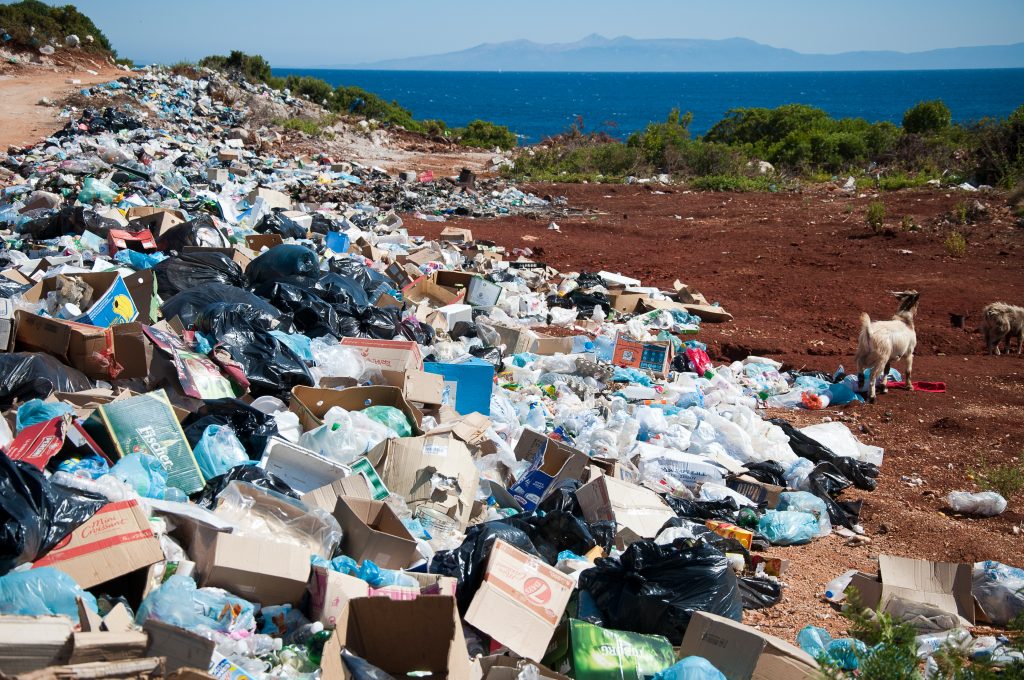
A call to action
Although the scale of this challenge can seem overwhelming and futile, every small change adds up to a larger pattern of change. As individuals, it is our responsibility to play our part in countering the impacts of climate change just as it is to socially distance to keep others safe from Covid-19. Below is an indicative list of ways you can make a difference.
- Become a conscious consumer.
Make small swaps and take small steps but consistently. Switch from disposable pads to reusable cloth pads or menstrual cups, go second hand, buy products with minimal packaging or source out local zero waste shops. Stop and think before you buy something. Think about the packaging, the air miles, the material, the water and energy required to make it and consider if the utility or convenience you gain is really worth that cost. - Make small habit changes.
Bring a reusable cup for coffee, walk or cycle to places if you can, eat less meat or travel locally rather than internationally every so often. - Learn to recycle correctly.
Recycle whenever and wherever possible and educate yourself on what can and cannot be recycled. Always clean your containers before recycling as contaminated recycling can mean a whole batch goes to landfill. In England less than half of all waste collected is ever actually recycled in part due to such rejections¹⁰. - Take wider societal action.
Talk to others about these issues and encourage them to make a change, sign petitions, and support organisations fighting for better climate policies.
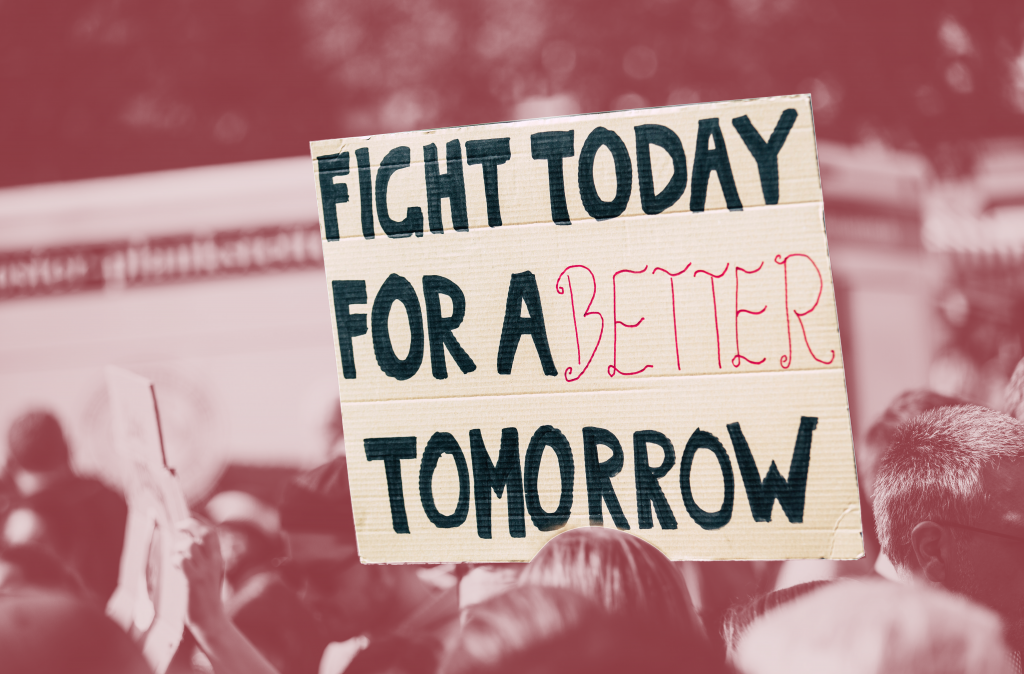
Sources
[1] Cheval, Sorin et al. “Observed and Potential Impacts of the COVID-19 Pandemic on the Environment.” International journal of environmental research and public health vol. 17,11 4140. 10th June 2020.
[2] Dicks, Dr L. Viral diseases from wildlife in China: Could SARS happen again? 2003 – https://ejfoundation.org/resources/downloads/EJF_Viral-diseases-from-wildife-in-China-2003-final.pdf.
[3] Lambert, H. “Why weren’t we ready?”, New Statesman, 30 March 2020. Available at: https://www.newstatesman.com/politics/uk/2020/03/why-weren-t-we-ready.
[3] Leslie, I. “Sars, Ebola and Mers were near misses that led us to believe Covid-19 would pass us by too”, New Statesman, 27 May 2020. Available at: https://www.newstatesman.com/international/coronavirus/2020/05/sars-ebola-and-mers-were-near-misses-led-us-believe-covid-19-would.
[4] World Health Organization, Centers for Disease Control, MRC Centre for Global Infectious Disease Analysis.
[4] Mackenzie, D. “We were warned – so why couldn’t we prevent the coronavirus outbreak?”, New Scientist, 4 March 2020. Available at : https://www.newscientist.com/article/mg24532724-700-we-were-warned-so-why-couldnt-we-prevent-the-coronavirus-outbreak/#ixzz6WWkDHRa0.
[6] Krznaric, R. “Why we need to reinvent democracy for the long-term”, BBC, 19 March 2019. Available at: https://www.bbc.com/future/article/20190318-can-we-reinvent-democracy-for-the-long-term.
[7] Fisher, R. “The perils of short-termism: Civilisation’s greatest threat”, BBC, 10 January 2019. Available at: https://www.bbc.com/future/article/20190109-the-perils-of-short-termism-civilisations-greatest-threat.
[8] McGrath, M. “Climate change: Last four years are ‘world’s hottest’”, BBC News, 29 November 2018. Available at: https://www.bbc.co.uk/news/science-environment-46374141.
[9] “Climate change: Where we are in seven charts and what you can do to help”, BBC News, 14 January 2020. Available at: https://www.bbc.co.uk/news/science-environment-46384067.
[10] “Local Authority Collected Waste Statistics – England”, WasteDataFlow, Department for Environment, Food and Rural Affairs (Defra). Department for Environment, Food and Rural Affairs, 28 November 2019. Available at: https://www.gov.uk/government/statistical-data-sets/env18-local-authority-collected-waste-annual-results-tables.

